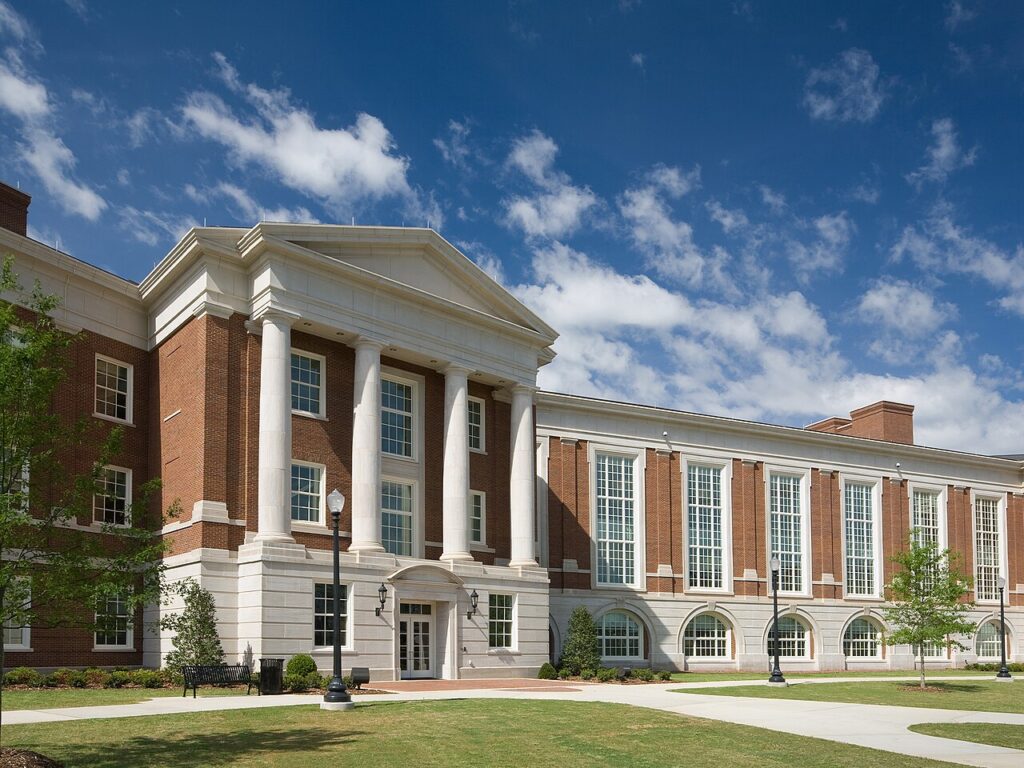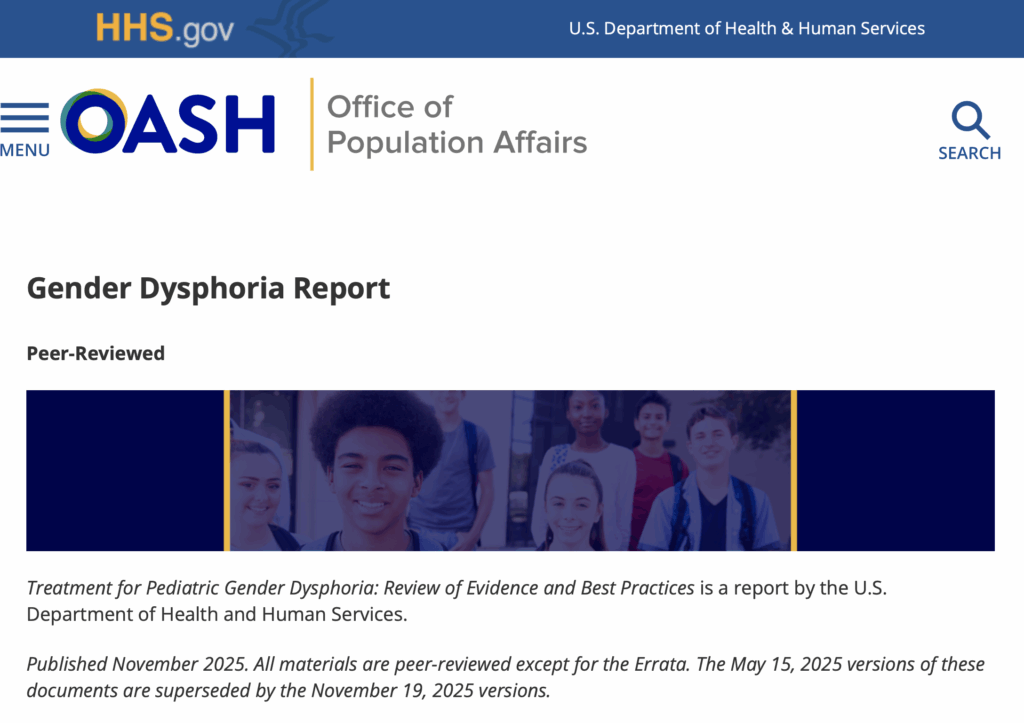So the UN’s Intergovernmental Panel on Climate Change says it is now 95% sure the climate has changed and some of the change is due to mankind.
They should be 100% certain. Since the climate is the average of local weather, and weather is the sum of behavior of the surging gases around us, and mankind moves through, modifies, and changes these gases, as does every other animal and plant species, it is certain humanity influences the weather, hence climate.
The only real question is: How much?
The IPCC says it’s lots. Why? Well, because of theory. Theory insists the bulk of the observed temperature changes over the past several decades were mostly caused by people. There’s one thing seriously wrong with this. The temperature lately hasn’t been changing in the direction theory said it would. Temps have stayed still or bounced around with no preferred direction.
In olden days, when a theory made consistently poor predictions, people concluded it was wrong. They tossed these theories and marked them as historical curiosities. If the predictions weren’t too awful, as the IPCC’s are, people removed the bad bits and grafted on new, good pieces. Nobody claimed the flawed theories were “95% likely to be true.”
But we’re all postmodernists now. It’s not the truth of the theory or the accuracy of predictions based on it that count. It’s what in your heart that matters. Love and caring trump reality.
If the IPCC’s theory that mankind is viciously changing climate is false, then nothing need be done. But doing nothing seems uncaring. Doing nothing means we sit idly by and just watch the weather. That hardly seems caring.
Then there’s the love. The IPCC is like Pygmalion in having fallen in love with its computer-modeled creation. The IPCC scientist cherishes his work, has told the world of his ardor. He can’t very well publicly abandon his inamorata now. That would call his judgment into question.
There’s a bigger problem. Assume for the sake of politeness the IPCC’s 95% estimate is correct. The natural response is, “So what?” So the global average temperature is going to increase by a half degree over the next 50 years, or whatever. What of it?
Climate change is of no real interest to anyone except climatologists, because nobody experiences a climate. We experience weather and the phenomena it affects, such as crop yields. What’s important is what the changing climate does to weather and what changing weather does to everything else. The IPCC’s claims about all of these things have been thoroughly refuted by the recent 1,000-plus-page peer-reviewed report by the Nongovernmental International Panel on Climate Change, Climate Change Reconsidered II: Physical Science, which cites nearly 4,000 peer-reviewed scientific articles that contradict the IPCC’s claims.
Now, no matter how certain the IPCC is that the climate will change, we must necessarily be less certain that the climate will change in any particular way, and further, that various things will change in predicted ways because the climate changed. On top of that, we must be even more unsure of the claims we won’t be able to adapt to the presumed changes that will be caused by the predicted changes in the climate. That’s a lot of uncertainty. You can work all that out mathematically, but translated into plain English it means the original 95% certainty has no application at all to complicated, real-world events.
Finally, there’s something odd about the research on the things that are supposed to change because of global warming.
I have reviewed an enormous number of papers which purport to show the evils that await when global warming finally strikes. There is a curious similarity in these works. If a species is warm, cuddly, cute, delicious, or photogenic, researchers have discovered global warming will strike it down without mercy.
But if the species stings, bites, pricks, stinks, or cannot secure an advocacy group, scientists have found global warming will cause it to flourish amazingly. Sharknadoes may become common.
Nobody has yet figured out why this asymmetry exists.
William M. Briggs ([email protected]), a.k.a. “The Statistician to the Stars!” has a Ph.D. in statistics and a master’s degree in atmospheric science from an Ivy League university, so you know whatever he says is true.



